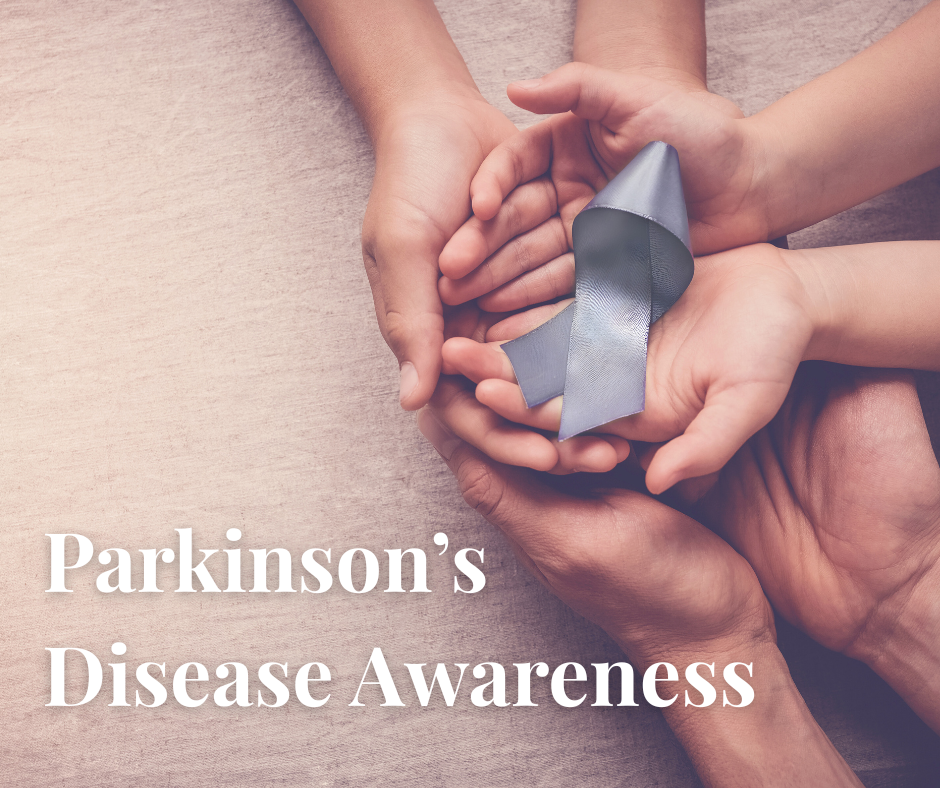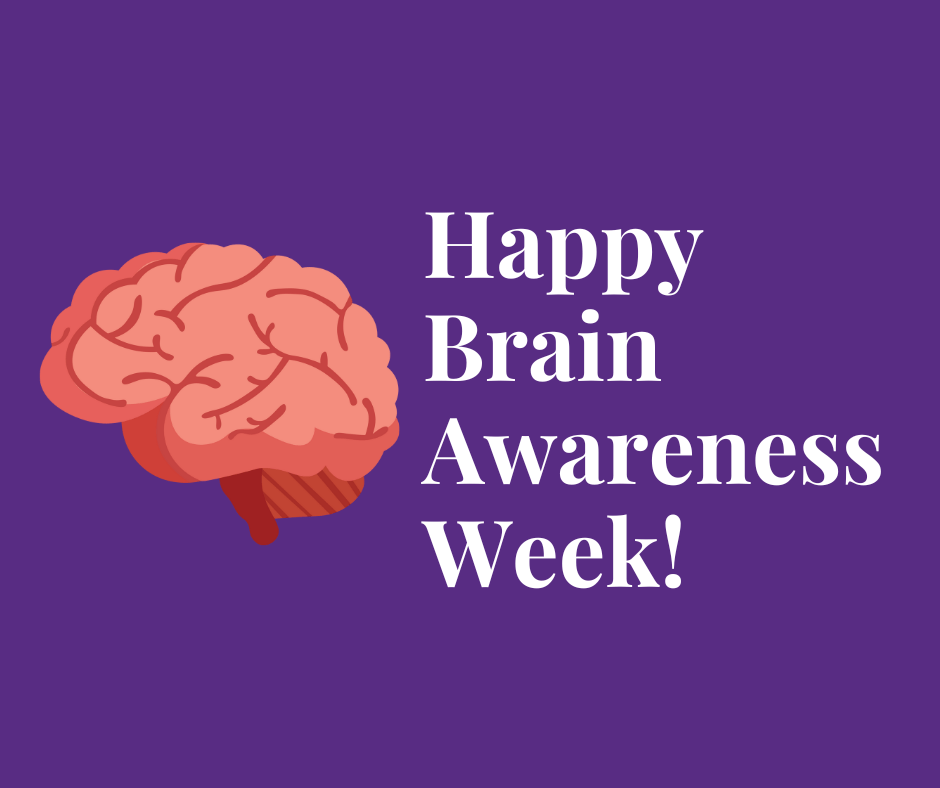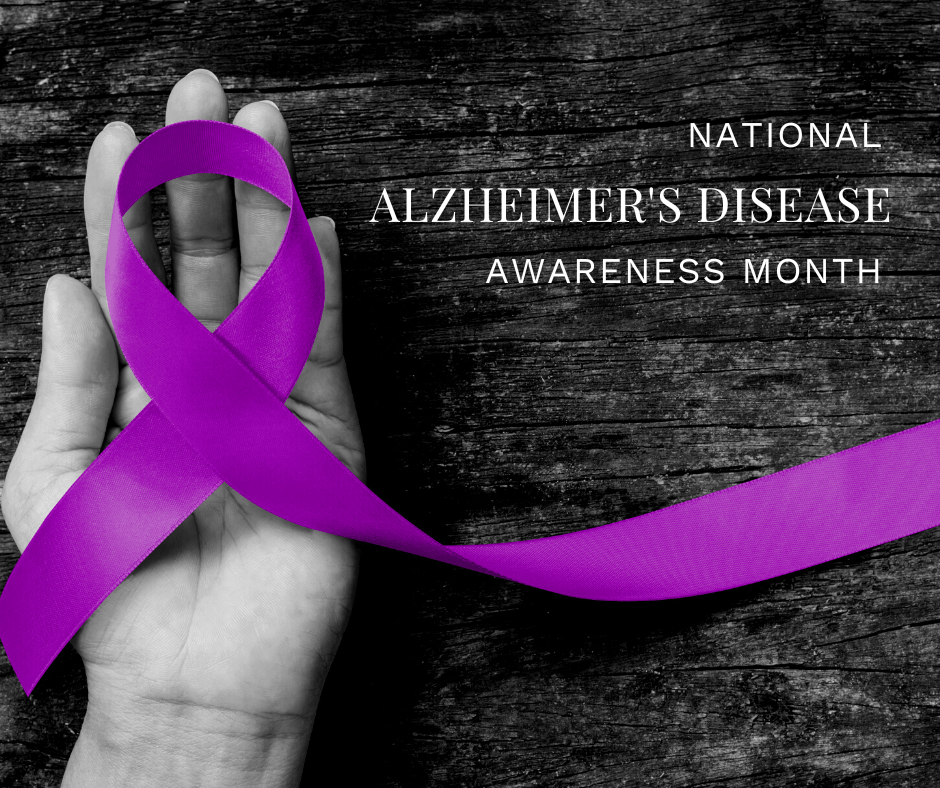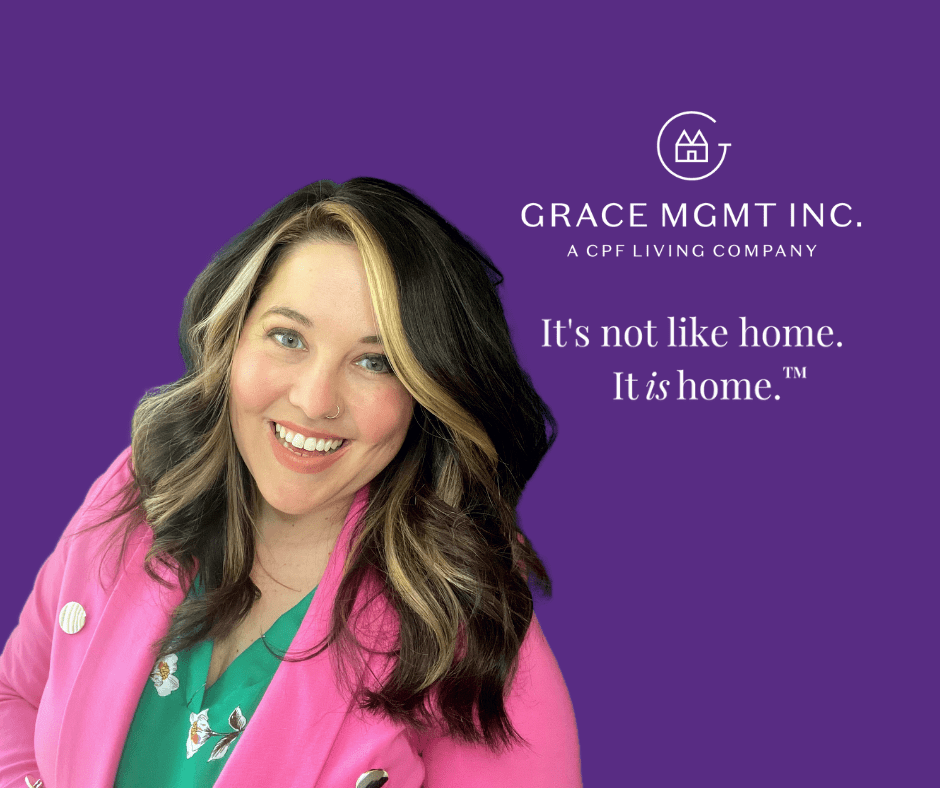
April is Parkinson’s Awareness Month—learn how this disease impacts older adults and their families, plus the support and care options available to help.

September is World Alzheimer’s Month, dedicated to raising awareness and advocating for better care for those affected by Alzheimer’s and other dementias. Programs like Grace Management, Inc.’s Village Program® emphasize early detection, personalized care, and ongoing research in the fight against dementia.

With advancing dementia or Alzheimer’s, customized care is vital. Knowing when to move from assisted living to memory care is crucial for safety and well-being.

Explore what Alzheimer’s disease is, how you can get involved, and the importance of increasing public awareness.

The challenges presented by memory loss can be difficult to navigate, but we’re here to help every step of the way.

In order to effectively manage and treat dementia, it is crucial to detect the condition at an early stage. Using this blog, we’ll discuss how to recognize signs of dementia in seniors.

Brain Awareness Week is a great opportunity for seniors to learn more about brain health and to take steps to keep their brains healthy and active.

Learn more about Alzheimer’s, one of the fastest-growing epidemics in the United States.

Learn more about Ashlea and how she enriches our residents’ lives.

As you begin the process of visiting memory care communities, asking the right questions can make the process of choosing the best community for your loved one less difficult.
